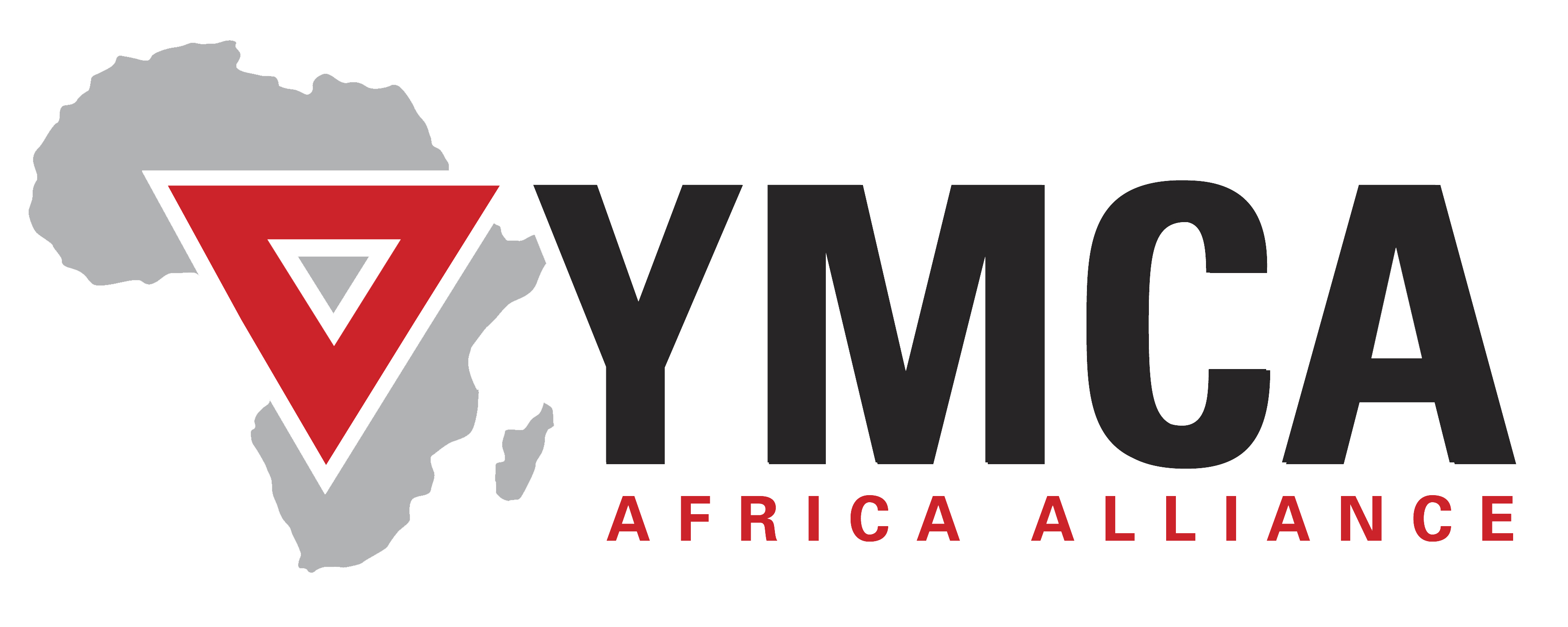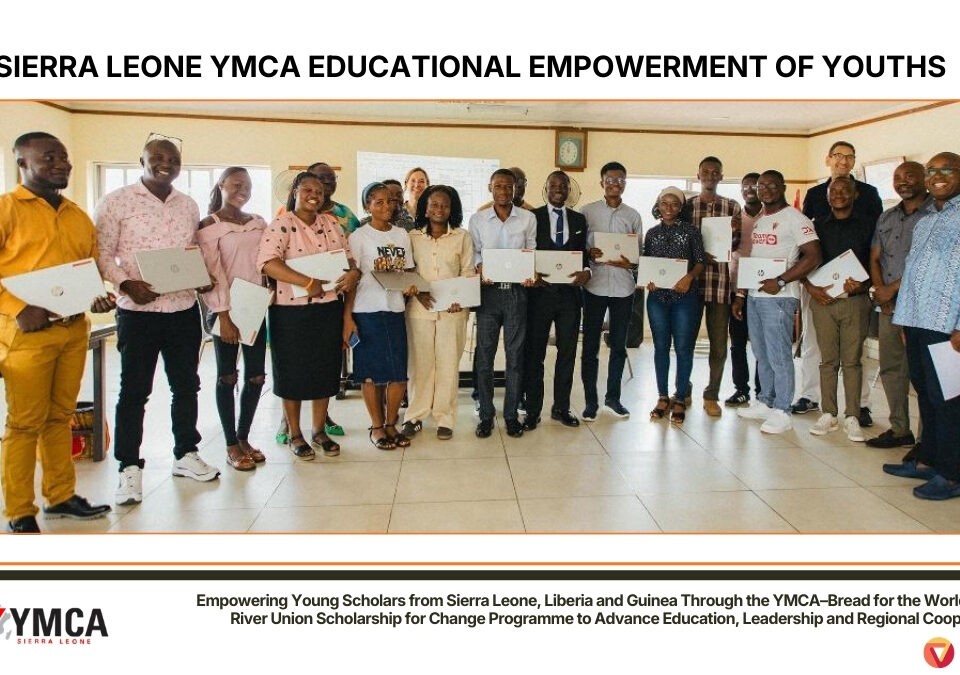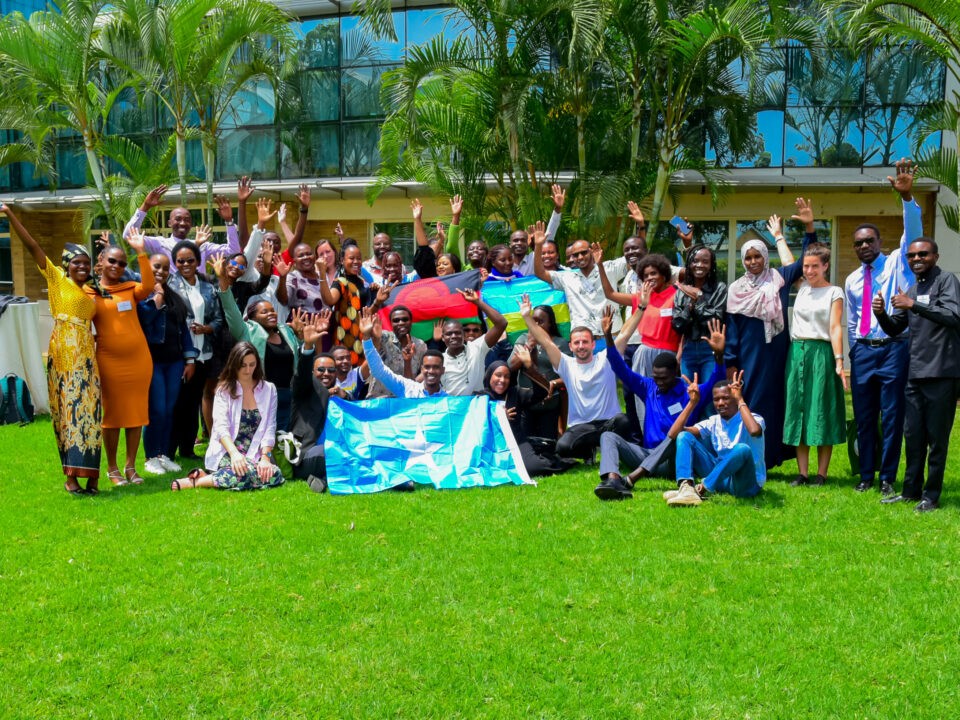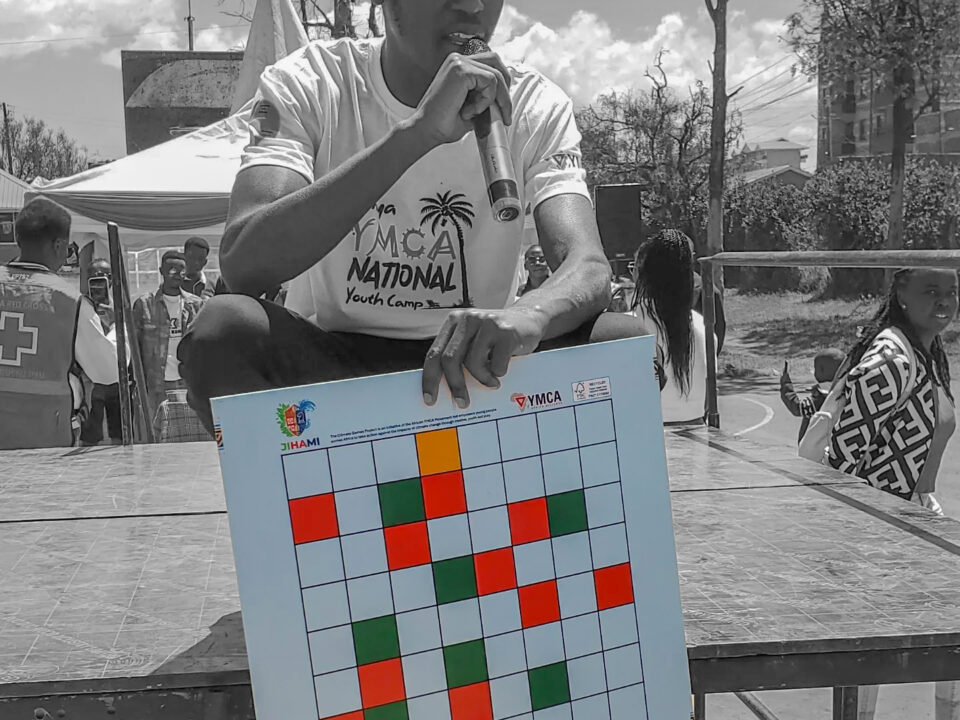A survey carried out by Africa YMCA shows that one third of youth in Africa said they have had sex before they were 15 years of age. About one fifth of young women become pregnant before the age 18. When young people were asked what their biggest health concern was, 49% of them said the consequences of early and unprotected sex, including unwanted pregnancies (10%), HIV/AIDS (15%) and STI’s (4%). While this concern is high, it seems that it remains at a state of anxiety without the necessary action to prevent consequences of early and unprotected sex due to high engagement in risky sexual behaviour among Africa’s youth.
The Africa YMCA data also shows that current influencers of sexual behaviour and intimate relationships are the Internet (26%), peers and friends (19%), religion (18%) and media (11%), specifically TV and radio. Given that 83% of youth spent one to five hours per day on the net, mobile dating, sex sites and elicit material are prominent features of how youth in Africa are spending approximately 20% of their time. This is confirmed by an experiment I did in a dating site. I engaged them on several issues such as their darkest secret, ‘inappropriate’ sexual behaviour, description of the appropriate man or woman etc. and this took hours. It also evidenced the fact that whatever these young people gathered from these interactios, however untrue or fake, became their reality.
Mobile phone ownership and internet access are set to accelerate in the future meaning that this will have a more significant role in sexual and reproductive health trends of our youth. It is imperative to discuss the potential impact but also the future alternatives so that we begin to shape the reality we wish to see so that technology is used to give factual information, reverse risky sexual behaviour that results in early sexual debut and teenage pregnancies.
_____________________________________________
This blog is a response to facts and trends in the African Youth Fact Book, spearheaded by the Africa Alliance of YMCAs.






